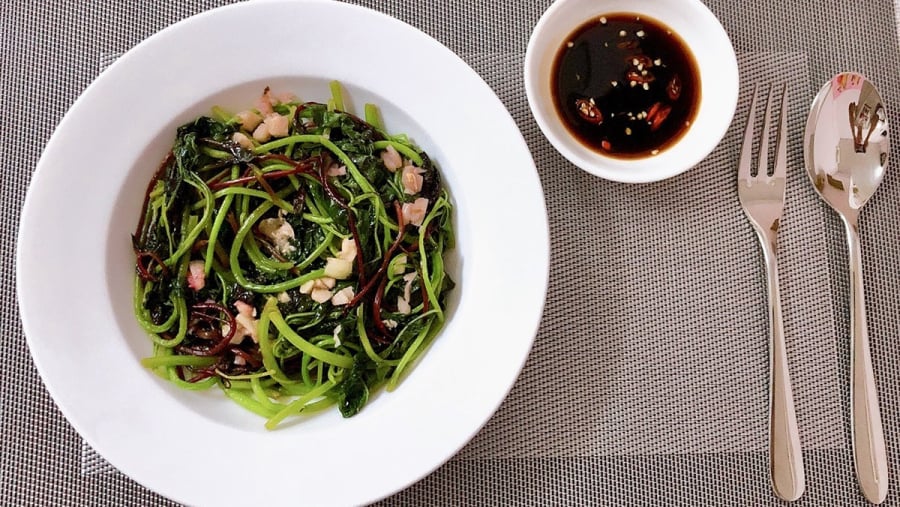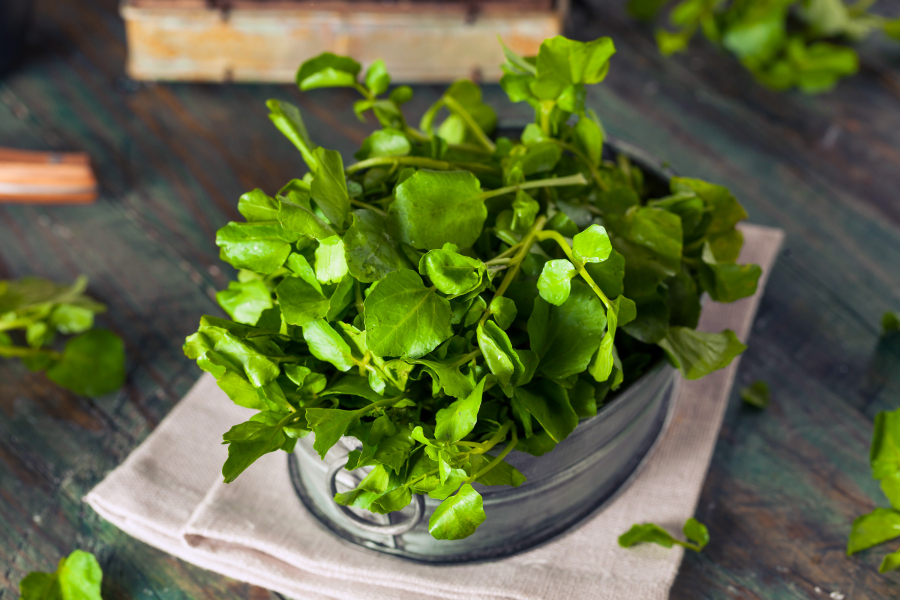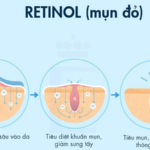Spinach
This type of vegetable provides important vitamins and minerals such as vitamin A, C, K, B9 (folic acid), potassium, and iron. Vitamin A supports the development of the eyes and immune system. Spinach rice contains 341mg of calcium per 100g.
Vitamin K works together with calcium to maintain bone health. Potassium and iron are essential minerals for basic body functions and development. Spinach also contains antioxidants such as beta-carotene, lutein, and zeaxanthin. They have the ability to protect cells from damage caused by free radicals.

Amaranth
A serving of amaranth provides a significant amount of calcium for children. Amaranth contains 169mg of calcium per 100g.
In addition, amaranth also contains vitamin K, A, potassium, and iron. These nutrients are necessary for the development and immune system of children. Amaranth can be used in stir-fried dishes, fried noodles, soups, or mixed in salads. You can also cook amaranth and feed it to children as a side dish.
Water spinach
Water spinach contains many important vitamins and minerals such as vitamin A, C, K, potassium, magnesium, and iron. Vitamin A plays an important role in the development of the eyes and immune system. Vitamin C helps enhance the immune system and promote good iron absorption.
In addition, water spinach is a high source of calcium. Water spinach contains 100mg of calcium per 100g. When choosing water spinach to prepare meals for children, you should choose leaves that are fresh green. Be sure to wash water spinach thoroughly before use to remove dirt and bacteria.

Swamp morning glory
Swamp morning glory contains 176mg of calcium per 100g, which supports bone health. Swamp morning glory contains a lot of water and few calories, helping to maintain weight and support overall health and development.
Swamp morning glory is also a rich source of fiber, helping improve digestion and maintain a healthy digestive system. Fiber also helps reduce the risk of heart disease, diabetes, and support the weight loss process. You can cook swamp morning glory into stir-fries, soups… to add variety to children’s meals.
Chinese broccoli
This type of vegetable contains a significant amount of calcium. Chinese broccoli contains about 250mg of calcium per 100g. In addition, Chinese broccoli also provides many other nutrients such as vitamin C, vitamin K, vitamin A, fiber, and antioxidants.
With Chinese broccoli, you should cook it until it is tender. Children will easily consume and absorb calcium from Chinese broccoli when it is cooked. But avoid cooking for too long, using too much oil or spices as this can reduce the nutritional value.

Chinese cabbage
This type of vegetable contains a significant amount of calcium, meeting a part of children’s daily calcium needs. Chinese cabbage contains about 251mg of calcium per 100g. Chinese cabbage is also a source of manganese and vitamin K, which are important for development and promote strong bones.
You can cook Chinese cabbage by boiling or making soup to add variety to children’s meals. This simple preparation method provides a significant amount of nutrients. When cooking Chinese cabbage, you should not boil it for too long as it may lose its nutritional value.
Cook the Perfect Carrot Soup for Babies That Moms Will Love – Ready in No Time!
The recently released GREEN Electric Machine pressure cooker will help mothers cook carrot soup and provide their children with the nutrients they need to keep their eyes healthy. The pressure cooker will make it easier to whip up this nutritious snack that can provide kids with vitamin A supplements for improved vision.
The GREEN Electric Machine pressure cooker has just been unveiled, providing mothers with a convenient way to prepare carrot soup for their children. This healthful snack can give kids the vitamin A supplements they need to prevent eye diseases, promote healthy eyesight, and enjoy a delicious meal.





































